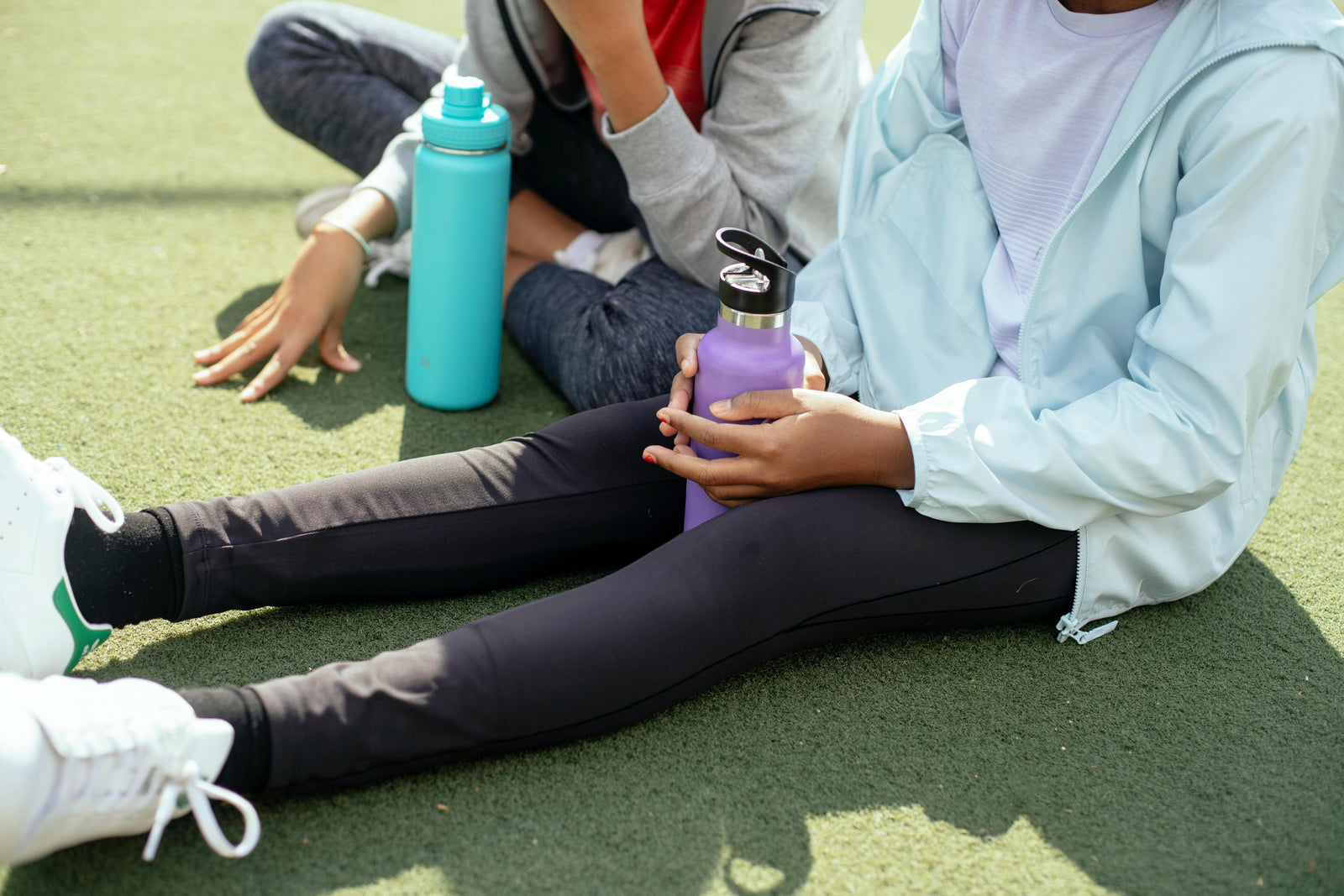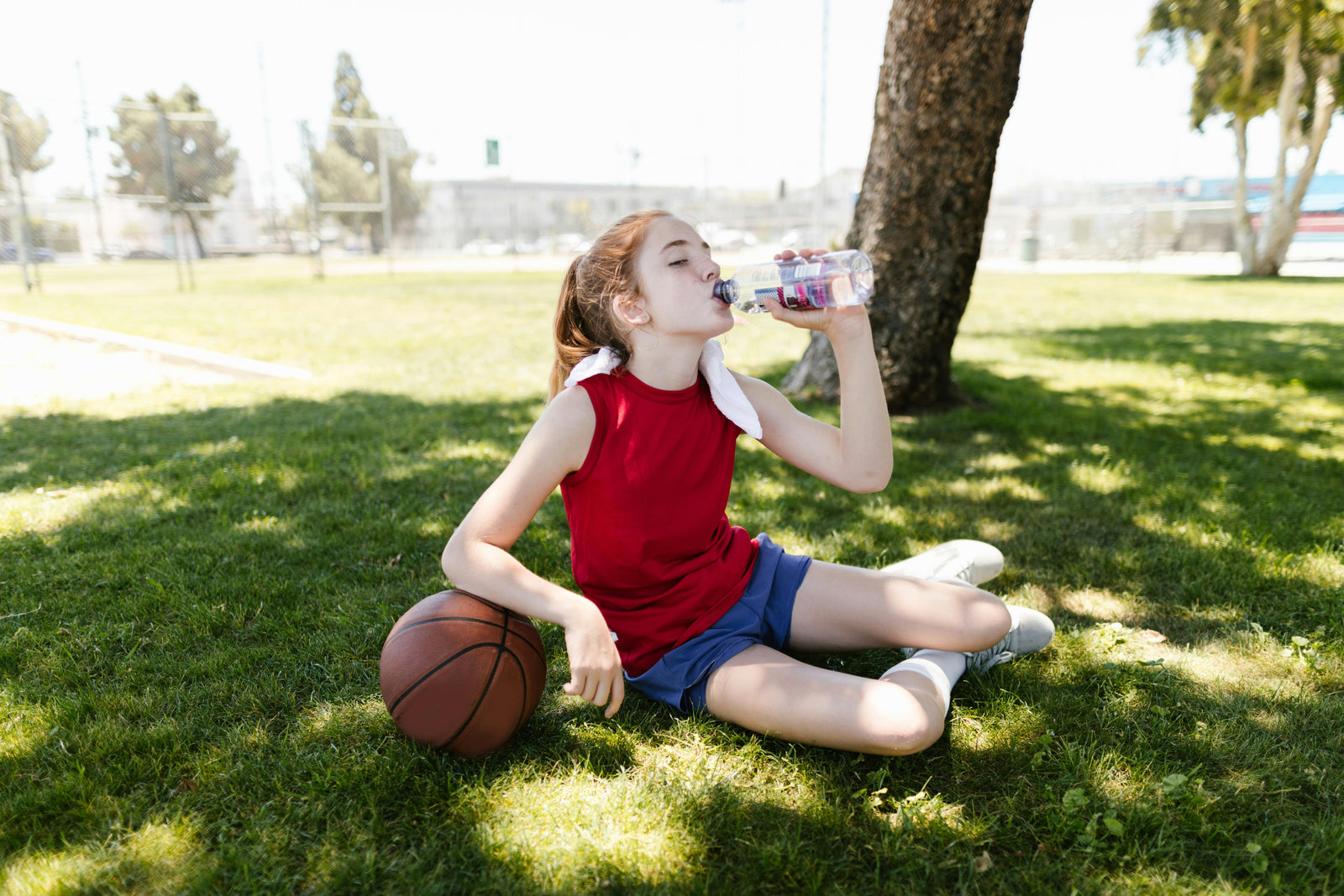Your Cart is Empty
Continue shoppingCan Toddlers Take Prebiotics and Magnesium Together?
Medically Reviewed by May Zhu, RDN | Published December 20, 2024
share this article

As parents look for natural ways to support their toddlers’ health, prebiotics and magnesium often come up as two promising options.
Prebiotics are known for improving gut health, while magnesium is essential for numerous bodily functions, including muscle relaxation and digestion.
But can toddlers take prebiotics and magnesium together? Let’s explore the benefits, safety, and best practices for combining these two supplements.
What Are Prebiotics and Magnesium?
Prebiotics are non-digestible fibers that feed beneficial bacteria in the gut, promoting a balanced microbiome and better digestion (Roberfroid et al., 2010).
They play a key role in improving bowel regularity and overall gut health, which is especially important for toddlers prone to constipation or digestive issues.
Are prebiotics the same as laxatives? Find out the key differences between the two for kids' gut health.
Magnesium is a vital mineral that supports muscle function, nerve health, and energy production (Rude et al., 2009).
In the digestive system, magnesium acts as an osmotic agent, drawing water into the intestines to soften stools and promote regular bowel movements (Forootan et al., 2018).
When combined, these two nutrients may offer complementary benefits for your toddler’s digestion and overall well-being.
How Prebiotics and Magnesium Work Together
Improved Gut Health and Regularity
Prebiotics and magnesium both contribute to digestive health but work in different ways.
Prebiotics enhance the growth of beneficial bacteria, which help maintain a healthy gut environment, while magnesium directly addresses constipation by softening stools and relaxing intestinal muscles.
Supporting Nutrient Absorption
A healthy gut microbiome facilitated by prebiotics improves nutrient absorption, including essential minerals like magnesium.
This synergy ensures your toddler gets the maximum benefit from their diet and supplements (Guerrera et al., 2009).
Gentle and Natural Relief
For toddlers struggling with occasional constipation, the combination of prebiotics and magnesium offers a gentle, natural solution.
Together, they promote regular bowel movements without relying on harsh laxatives.
Are Prebiotics and Magnesium Safe for Toddlers?
Yes, both prebiotics and magnesium can be safe for toddlers when used appropriately.
- Prebiotics: Found naturally in foods like bananas and carrots, prebiotics are generally safe. Supplements designed for kids, such asGrowing Up Prebiotics, also provide prebiotics through supplements. Check out how Growing Up Prebiotics can help your kiddo's gut health here.
- Magnesium: For toddlers, the recommended upper limit for supplemental magnesium is 65 mg/day for ages 1 to 3 years old (National Institutes of Health, 2021). Exceeding this limit may cause mild side effects like diarrhea or abdominal cramps. Always consult your pediatrician before introducing magnesium supplements.
Best Practices for Combining Prebiotics and Magnesium
- Choose Age-Appropriate Products: Opt for formulations specifically designed for toddlers to ensure safety.
- Start Slowly: Introduce one supplement at a time to monitor how your toddler responds before combining them.
- Focus on Food First: Incorporate natural sources of prebiotics (bananas, apples, carrots) and magnesium (spinach, kiwi, pumpkin seeds) into your toddler’s diet.
- Hydration is Key: Ensure your toddler drinks plenty of water to support both magnesium’s and prebiotics’ effectiveness.
Conclusion
Prebiotics and magnesium can work together to support your toddler’s digestive health, promoting regular bowel movements and improving overall gut function. When used responsibly and under the guidance of a pediatrician, these supplements offer a safe, gentle, and effective way to address common issues like irregularity or hard stools while fostering long-term health.
Summary
Toddlers can safely take prebiotics and magnesium together to support gut health and constipation symptoms such as painful poops, as long as proper dosing is followed.
Always consult a pediatrician before introducing new supplements to your toddler’s routine.











